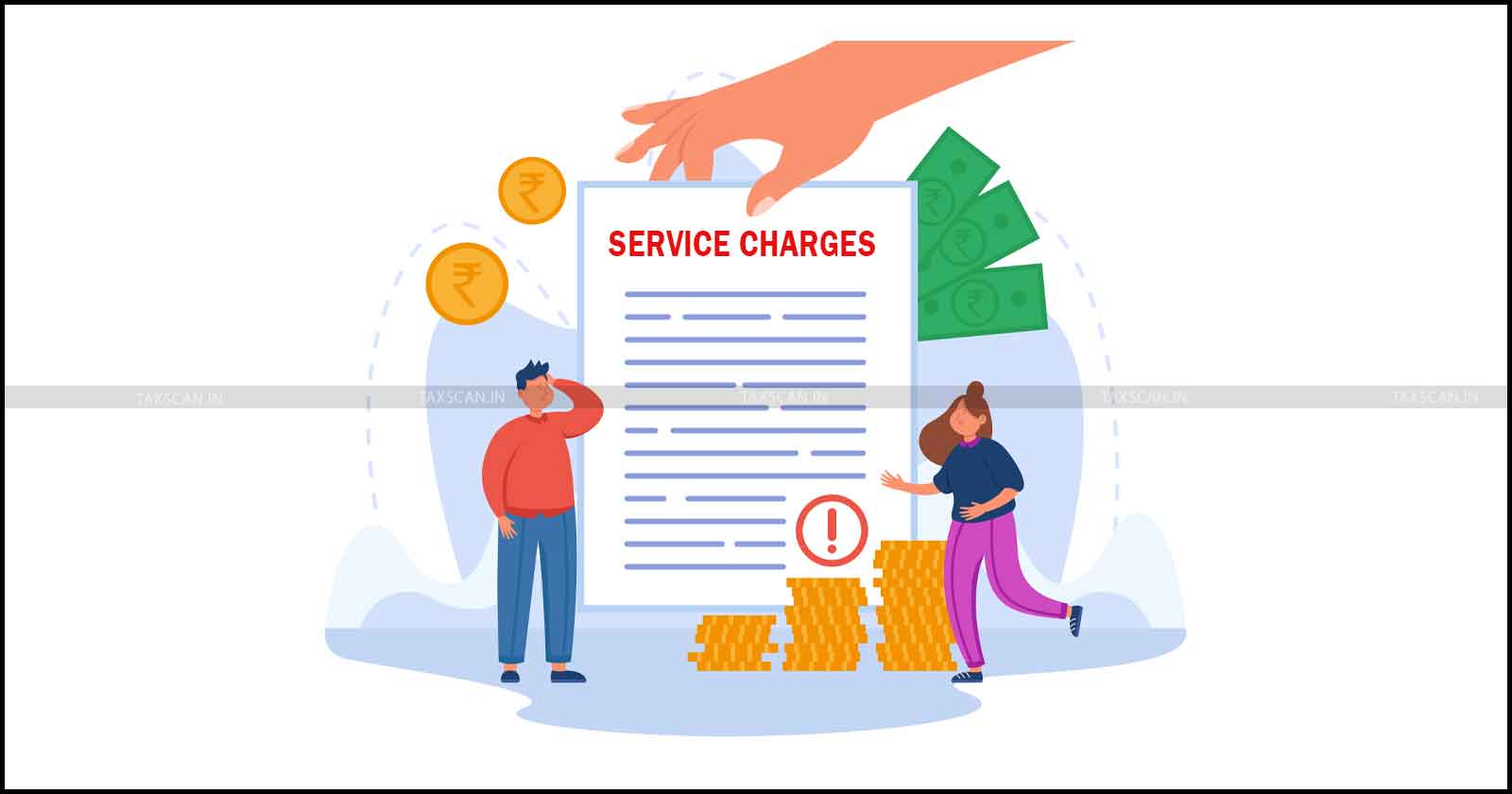Relief for BHEL: CESTAT rules Reimbursed Freight Charges Not Taxable as Service, quashes ₹16 Cr Demand [Read Order]
CESTAT held that BHEL was not liable to pay service tax on reimbursed freight charges, ruling that the company did not provide a taxable service
![Relief for BHEL: CESTAT rules Reimbursed Freight Charges Not Taxable as Service, quashes ₹16 Cr Demand [Read Order] Relief for BHEL: CESTAT rules Reimbursed Freight Charges Not Taxable as Service, quashes ₹16 Cr Demand [Read Order]](https://images.taxscan.in/h-upload/2025/07/30/2070896-bhel-cestat-freight-charges-taxscan.webp)
The Chennai Bench of the Customs, Excise, and Service Tax Appellate Tribunal (CESTAT) ruled that Bharat Heavy Electricals Ltd. (BHEL) was not liable to pay service tax on reimbursed freight charges, as the company had not provided a taxable service by arranging transportation through third-party transporters.
BHEL, a government-owned engineering company, entered into contracts with Nabinagar Power Generating Co. Ltd. for supplying and installing equipment. Under the contract terms, BHEL was responsible for transporting the goods to the site. For this, it hired Goods Transport Agencies (GTAs) and paid service tax under the reverse charge mechanism.
Later, BHEL was reimbursed by its customer for these freight charges, which were recorded in its financial books as freight income.
 Also Read:No Chinese Link Found in Alloy Wheel Imports from Taiwan: CESTAT quashes ₹4.62 Crore ADD Demand [Read Order]
Also Read:No Chinese Link Found in Alloy Wheel Imports from Taiwan: CESTAT quashes ₹4.62 Crore ADD Demand [Read Order]
The department issued a show-cause notice demanding service tax of Rs. 16.65 crore, arguing that the appellant had rendered a taxable service by arranging transportation and that the freight income received from the customer constituted consideration for this service.
The Commissioner of GST and Central Excise confirmed the demand along with interest and penalties. Aggrieved by the order, the appellant filed an appeal before the CESTAT.
The appellant’s counsel argued that the company was not acting as a Goods Transport Agency because it did not issue consignment notes. They also argued that the amount received was only a reimbursement of the actual freight costs incurred, and not a service fee.
The counsel explained that transportation was carried out by third-party GTAs, on which BHEL had already paid service tax under reverse charge. They added that another BHEL unit handled the installation services with a separate service tax registration, and the freight activity was not bundled with those services.
The revenue counsel argued that BHEL had facilitated the transport of goods and had received consideration for that service, making it taxable. They also argued that the company had not declared these freight incomes in their service tax returns and that the issue only came to light during an audit.
The two-member bench comprising Ajayan T.V. (Judicial Member) and Vasa Seshagiri Rao (Technical Member) observed that BHEL was not a GTA and had not issued any consignment notes. The tribunal further observed that transportation of goods by road, other than by a GTA or courier agency, was exempt under Section 66D(p) of the Finance Act, 1994.
The tribunal also found that the freight amounts collected from the customer were reimbursements and not consideration for a separate service.
The tribunal observed that a similar issue in BHEL’s other units, including Ranipet and Jhansi, had already been resolved in BHEL’s favour at earlier stages. It also found that the extended period of limitation used to raise the demand was not justified, as BHEL is a public sector undertaking and all relevant details were available in its audited financial statements.
The tribunal ruled that BHEL had not provided a taxable service in this case and that the service tax demand was unsustainable. The demand along with interest and penalty was set aside and the appeal was allowed.
Support our journalism by subscribing to Taxscan premium. Follow us on Telegram for quick updates



